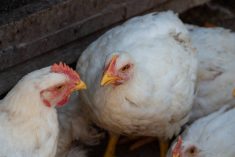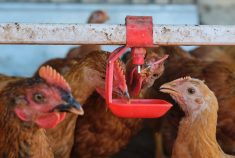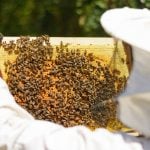Sydney | Reuters — New Zealand said on Monday that it had suspended all poultry exports after detecting a highly pathogenic variant of avian influenza at a poultry farm on the South Island.
Tests confirmed the H7N6 subtype of bird flu at a rural chicken farm in the Otago region, Biosecurity New Zealand said in a statement. It is different to the H5N1 strain that has spread globally and raised fears of human transmission.
“Until we’ve cleaned up the situation on this farm, and assuming no other issues pop anywhere else, then we will be able to export again,” Biosecurity and Food Safety Minister Andrew Hoggard told Radio New Zealand after the announcement.
Read Also

Wheat breeding system no longer works, Canadian Wheat Research Coalition report says
A Canadian Wheat Research Coalition report, published Feb. 26, says the status quo is not an option for Canada’s wheat breeding system. It must be transformed, by farmers.
“The incubation period is a maximum of 21 days, so we’ll know at that point what the situation is.”
Biosecurity New Zealand said there were no reports of other sick or dead birds on other poultry farms, and no human health or food safety concerns. It added it was safe to consume thoroughly cooked egg and poultry products.
“We are taking the find seriously … our testing shows it is unrelated to a H7 strain that was identified in Australia earlier this year,” Biosecurity New Zealand deputy director-general Stuart Anderson said in a statement.















